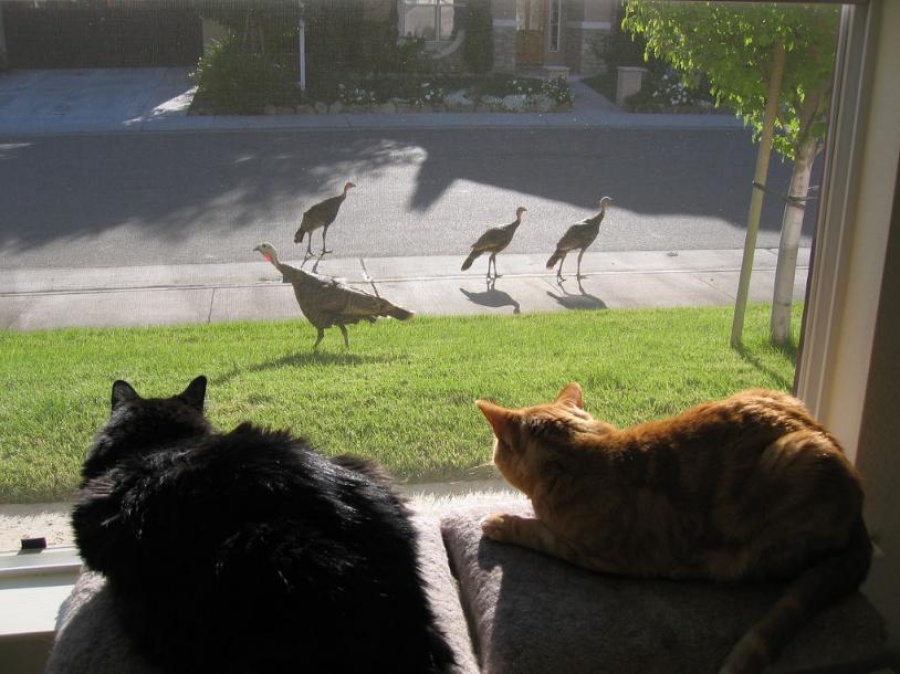Blog
Feline Diabetes Success Story
November 19, 2013
Diabetes mellitus, more commonly referred to simply as diabetes, is an endocrine disorder that affects 0.5 to 1 percent of the feline population. The prevalence of this disease is thought to be increasing, likely secondary to higher obesity rates and high-carbohydrate diets (dry food in particular). The signs of diabetes mellitus include:
- Increased appetite (they are not able to metabolize glucose into energy, so they think they are hungry)
- Increased drinking and urinating (because they can't use the glucose they are taking in; they are spilling glucose into their urine to get rid of the excess and this draws out of their bodies)
- Dehydration (loss of water from their bodies secondary to glucose in their urine)
- Weight loss
The weight loss and increased drinking and urinating are typically profound and are usually why these cats present to a veterinarian.

Diabetes Mellitus can be an interesting but frustrating disease to treat as each cat must be approached individually and the response is very variable. The treatments can vary from diet change (canned, high protein diets are ideas) to insulin injections given twice daily short term to insulin injections for the rest of the cat's life.
Being a veterinarian, I felt I was in a good position to adopt and monitor a diabetic cat. That situation arose last Thanksgiving. I immediately transitioned her to a canned-only diet (no dry food, much to her distress as well as my kids', because she loves dry food and will go for it whenever the chance arises). She slowly lost weight and became non-diabetic. I was lucky enough to not have to start insulin and over three months her weight loss stabilized (most cats will lose weight when taken off dry food). I monitored her closely for complications associated with diabetes (ketones). She has been with us for a year now and is a very svelte, happy member of our family. She is particularly bonded to my wife.
I monitor her urine production and drinking habits daily, as well as periodically checking glucose (just in case), however, she has not had any further issues. It is rare that diabetes mellitus is this easily controlled and I worry about recurrence, but for now she is happy and healthy. And to this day, she still tries to get dry food and is told no!



